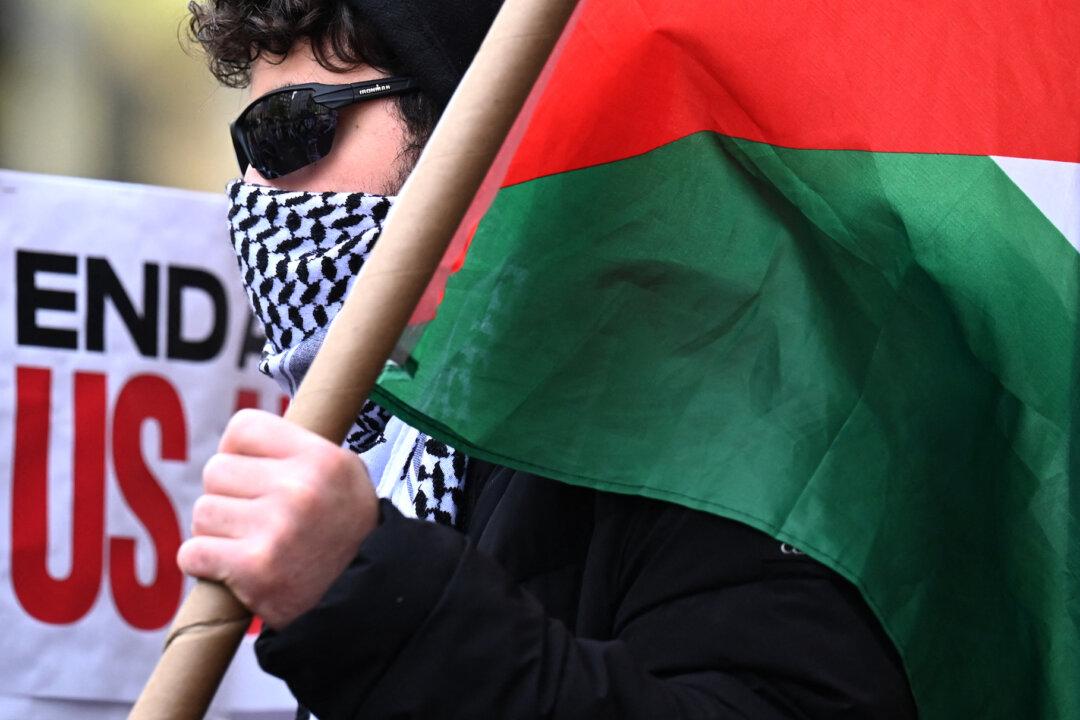A four-day encampment protest at the New Brunswick campus of Rutgers University has concluded peacefully after university administrators conceded to all but two of the pro-Palestinian protesters’ demands, while warning them that further occupation of campus grounds would be met with force.
In a university-wide email, Rutgers President Jonathan Holloway said his administration scrambled to reschedule and relocate dozens of exams following a call by the university’s chapter of Students for Justice in Palestine to stage an early-morning rally on May 2 “specifically intended to disrupt finals.”





